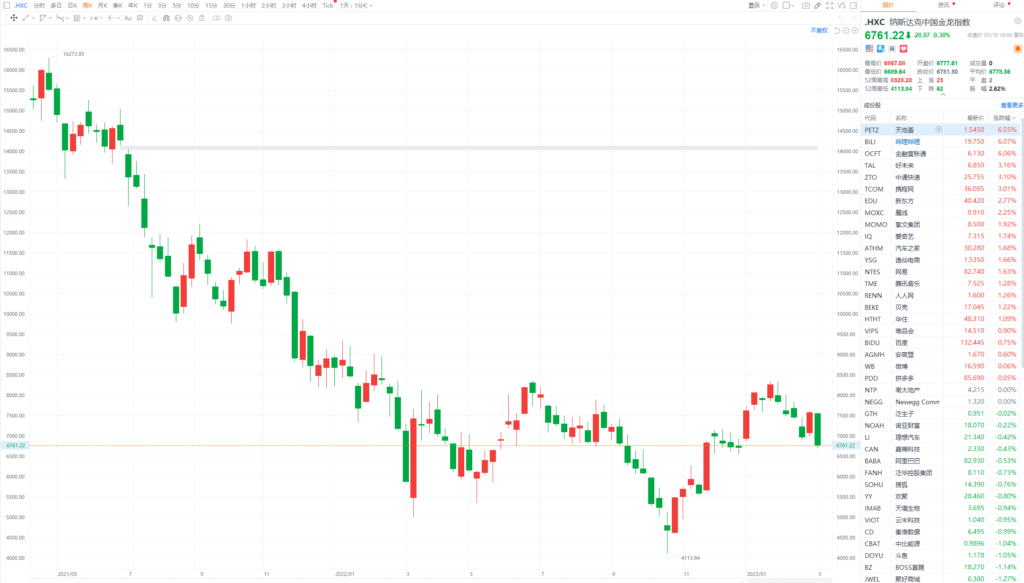Latest Price: 3299.7
Price Change: 19.44
Price Fluctuation: 0.59%
Volume: 596 million hands
Turnover: 677.3 billion
Turnover Rate: 1.28%
Shanghai Composite Index
Leading Gainers
Market Capital Flow
24/7 News
Enter Shanghai Composite Index
Leading Industries:
1. Photovoltaic Equipment
Increase: 9.01%
Rising: 76 companies
Falling: 0 companies
Leading Stock: TCL Zhonghuan
Increase: 10.04%
2. Batteries
Increase: 6.33%
Rising: 74 companies
Falling: 1 company
Leading Stock: Fengyuan Shares
Increase: 10.01%
Following the overcrowded telephone meeting, on September 25th, Goldman Sachs quickly released a strategy report. Authored by the Chief China Equity Strategist Liu Jinjin, the report states that unconventional policies demonstrate the determination of policymakers, and investors can buy into shareholder return themes. Goldman Sachs believes that after the introduction of these policies, the tactical rebound in A-shares may have brought about configuration opportunities.
Unconventional Measures: Goldman Sachs points out that four unprecedented measures have been introduced. First, the reduction of existing housing loan interest rates. The central bank governor Pan Gongsheng announced a 50 basis point cut in existing housing loan interest rates. Goldman Sachs estimates this could save residents 150 billion yuan in interest, gradually enhancing their willingness to consume.
Second, the central bank also stated it would provide an initial 500 billion yuan of swap facilities, with funds only to be used for stock investment. Goldman Sachs indicates that this measure is similar to the measures taken during the 2015 A-shares adjustment period, showing the policymakers’ determination to stabilize the domestic stock market. Third, the central bank announced an initial 300 billion yuan corporate share repurchase re-lending plan.
This aligns with the policy goals of the ‘Nine National Articles’ and helps to continue the record pace of stock repurchases. Lastly, after the press conference, in response to journalists’ questions, the central bank governor Pan Gongsheng stated that the People’s Bank is studying the introduction of a stabilization fund. Goldman Sachs states that empirical evidence shows that government direct participation in the stock market may effectively boost returns in the short term.
Understanding these policy measures: Goldman Sachs states that policymakers are focused on economic growth and various asset markets. This policy combination communicates to the market in a special way that regulatory agencies may aim to maximize the market guidance role of loose policies, reversing pessimism surrounding the economy and asset markets. This highlights China’s determination to achieve economic transformation and leverage its growth potential.
Goldman Sachs states that this round of policies will catalyze a new round of policy-driven rebounds. The institution tactically prefers Hong Kong stocks. So far this year, market expectations for policy easing have largely exacerbated stock market volatility.
This policy package may not yet have reached the level of stimulus hoped for by some investors, but it is still helpful in tightening the high risk premium of A-shares.
Goldman Sachs Research believes that a configuration opportunity similar to the tactical rebound in April 2024 may have arrived.
The extent of the recovery of trading activities in the A-share market will depend on subsequent policies, corporate earnings, and external factors including the US presidential election. Compared with the A-share market, Hong Kong stocks have stronger profit revision expectations, more attractive absolute valuations, a substantial A/H premium. Currently, southbound funds are continuously flowing in, and Hong Kong stocks are more sensitive to the actions of the Federal Reserve during the interest rate cut cycle. Due to these factors, at present, Goldman Sachs Research is more bullish on Hong Kong stocks.
Bullish on the theme of shareholder returns. Goldman Sachs Research believes that the use of unconventional operations such as swap facilities and asset pledges demonstrates the determination of regulators to stabilize the stock market. In the context of the decline in the global risk-free interest rate, China has introduced policy measures to enhance shareholder returns and encourage long-term investment (patient capital). For investors seeking tactical “alpha” opportunities or long-term allocations, the “shareholder return portfolio” remains one of the best investment themes in the Chinese stock market.
However, Goldman Sachs said that before the real estate problem is completely resolved, the market may mainly offer trading opportunities at present. Market participants believe that the real estate problem is one of the important issues dragging down the Chinese economy, and the turning point and sustainability of the stock market also depend to a large extent on the prospects of the real estate industry. At this stage, Goldman Sachs Research believes that investors may tactically invest in Chinese stocks.


